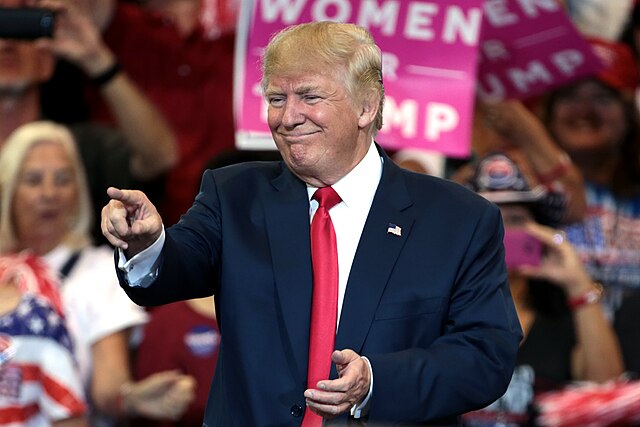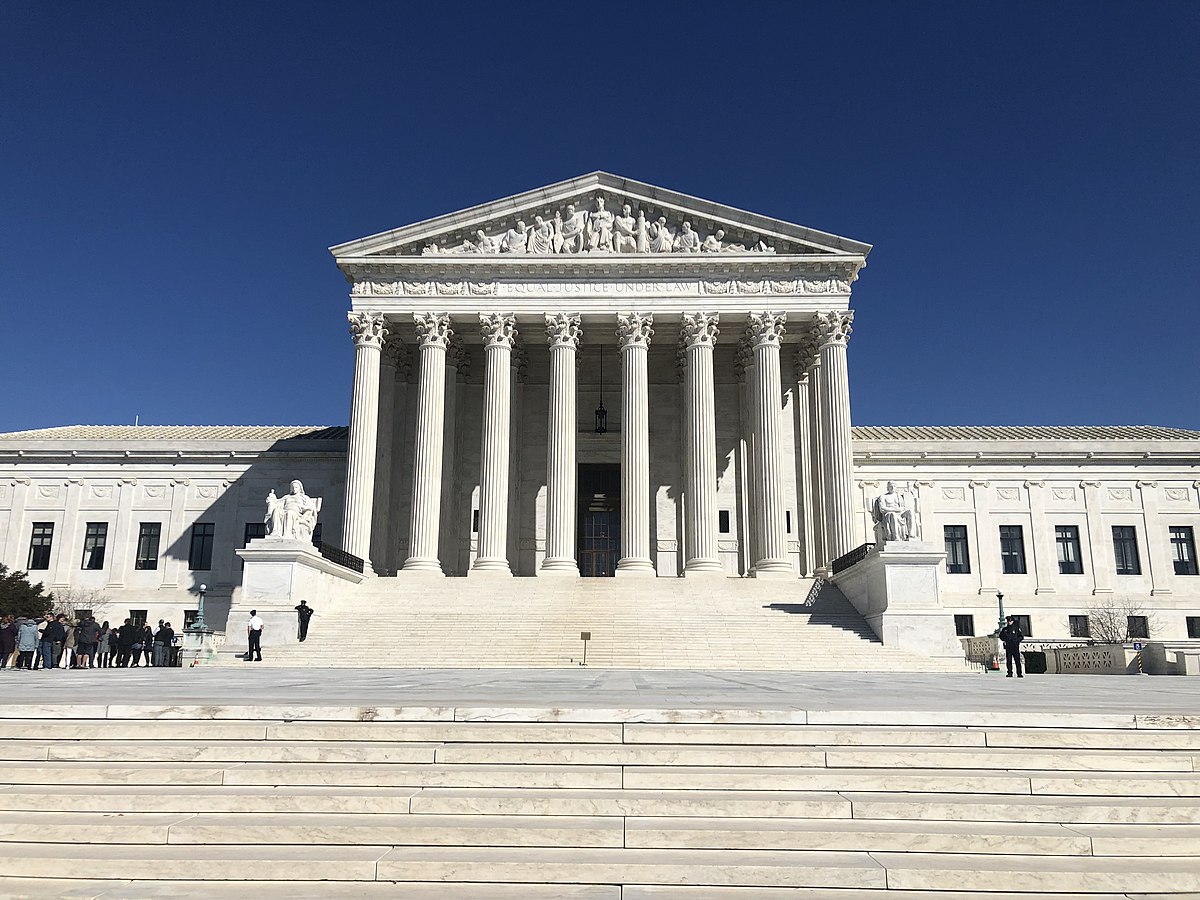Despite recent efforts to tighten security around U.S. military installations, China and other foreign adversaries can still purchase land near key national security sites, including Coast Guard facilities, maritime ports, and Energy Department laboratories. Lawmakers are sounding the alarm over what they describe as significant gaps in U.S. national security, leaving critical infrastructure vulnerable to espionage.
In a shocking report, The Washington Free Beacon writes that despite expanding oversight in July, the Treasury Department has been allowed to review real estate transactions near 50 military and other sensitive locations, the broadened jurisdiction did not extend to several crucial sites, including national laboratories and critical telecommunications and energy infrastructure.
Now, two Republicans in Congress in charge of oversight have raised concerns about these gaps.
The oversight, the lawmakers say, reflects “significant gaps in our national security screening regime for land purchases near national security sites.” Their concern comes as China works to ramp up its influence operations and “wreak havoc” on American infrastructure, efforts that have made combating Chinese land purchases a major political issue in states across the country.
“Coast Guard facilities, Department of Energy National Labs, among other locations, remain off CFIUS’s list of sensitive sites and are thereby vulnerable to foreign adversary exploitation,” Murphy and Moolenaar, who chairs the House Select Committee on China, wrote in a Monday letter to the Treasury Department.
“These loopholes must be closed, and closed quickly. Allowing our adversaries to have potential access to these sites poses risks to both our economic and national security, especially as we see companies with ties to hostile nations continue to increase their investments in the U.S.”
Chinese Communist Party-tied companies own at least 384,000 acres of American agricultural land, a 30 percent increase since 2019, though poor federal oversight means the number could be higher. This accounts for nearly $2 billion in holdings, planting Beijing and its interests across the American heartland.
Last year, the Defense Department and the FBI raised concerns about Chinese spying on American bases and other sensitive targets. Over the past few years, Chinese nationals have infiltrated United States military bases and other sensitive sites in the country roughly 100 times, according to U.S. officials. Posing as tourists, military leaders and commentators have characterized the incidents as potential espionage threats.
Much of the influence has been promoted by the Biden Administration. In 2023, the White House gave billions of dollars to a vital battery plant in Texas that was beholden to the CCP.
[Read More: Demands For Reform After Second Secret Service Failure]











As Johnson and McConnell prove regularly Congress is irrelevant.